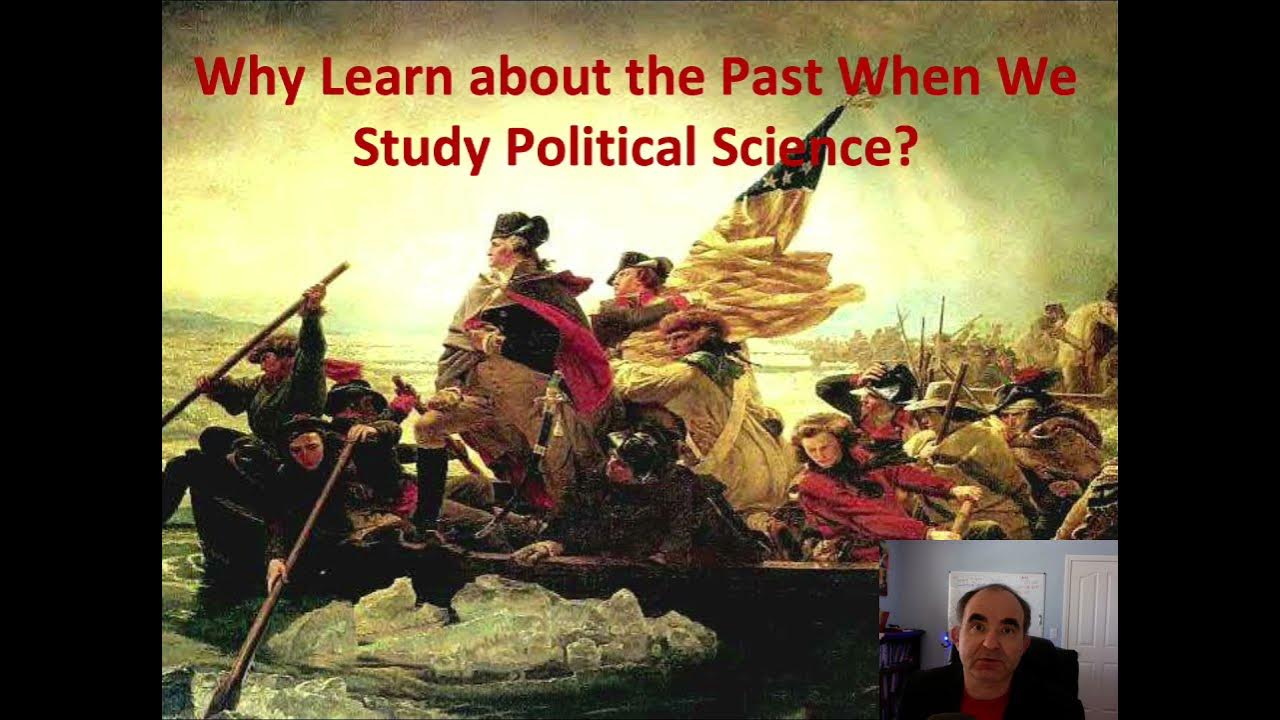The Problem With Never Feeling Proud Of Yourself
Summary
TLDRThe video explores the science of pride, as outlined by Dr. Jessica Tracy in 'Pride: The Secret of Success'. It posits pride as a vital emotion for personal growth, driving motivation, confidence, and perseverance. Pride, an evolutionary adaptation, signals our value and success, propelling us to achieve and excel. The video differentiates between authentic pride, rooted in personal achievements, and hubristic pride, which stems from a sense of superiority. It encourages viewers to seek pride in meaningful actions and achievements, suggesting that recognizing and celebrating one's efforts can lead to a fulfilling, motivated life.
Takeaways
- 🧠 Pride is an emotion that serves as a motivational force, driving individuals to achieve and excel.
- 🎯 Pride is linked to our sense of identity and self-worth, pushing us to meet or exceed our personal goals.
- 🏗️ Pride is an evolutionary adaptation that has helped humans demonstrate value and secure higher social standing within groups.
- 💪 Authentic pride comes from personal achievements and hard work, whereas hubristic pride is an inflated sense of self-importance without basis.
- 🚀 Experiencing pride can lead to a cycle of positive behaviors, where one accomplishment motivates further achievements.
- 🌱 Lowering the bar for what constitutes as 'pride-worthy' can help individuals feel motivated more regularly.
- 🌟 Authentic pride is about recognizing and appreciating one's own efforts and behaviors, not comparing oneself to others.
- 🏋️♂️ Health is an area where many can cultivate pride through various daily actions that contribute to well-being.
- 🔍 Noticing and acknowledging what one is already doing well can be a source of pride and further motivation.
- 🛑 Excessive pride can lead to negative traits like arrogance and egotism, so it's important to maintain a balance and stay humble.
- 🌈 The motivational power of pride can be harnessed to pursue goals, develop skills, and improve various aspects of life.
Q & A
What is the main topic discussed in the video script?
-The main topic discussed in the video script is the concept of pride, its importance, and how it can be used as a motivational force to achieve personal goals and become one's best self.
According to the script, what is the difference between authentic pride and hubristic pride?
-Authentic pride is the feeling of satisfaction and accomplishment that arises from one's own actions and achievements, while hubristic pride is a sense of superiority over others, often without basis in one's actions or behavior.
How does the script suggest using pride as a motivational tool?
-The script suggests using pride as a motivational tool by engaging in actions that lead to a sense of accomplishment and by recognizing and feeling good about the positive behaviors and achievements in one's life.
What is the evolutionary purpose of pride according to the script?
-The evolutionary purpose of pride, as described in the script, is to motivate individuals to become valuable members of their social groups by developing skills, demonstrating success, and contributing to the group's survival.
How does the script define pride in the context of personal development?
-In the context of personal development, pride is defined as a pleasant emotion experienced when one works towards or achieves something meaningful, which contributes to one's sense of identity and self-worth.
What are some examples of behaviors or actions that can lead to feeling proud, as mentioned in the script?
-Examples of behaviors or actions that can lead to feeling proud include achieving a goal, facing a fear, overcoming a tough obstacle, working hard on something difficult, doing something new, or putting in more effort than before.
How does the script relate pride to the concept of 'small wins'?
-The script relates pride to the concept of 'small wins' by suggesting that pride can take us to the next level, where one behavior that makes us proud can lead to a cycle of other behaviors that also make us proud, resulting in a self-fulfilling cycle of positive actions.
What is the motivational hypothesis of pride as discussed in the script?
-The motivational hypothesis of pride, as discussed in the script, posits that when an individual feels proud about a recognized accomplishment, they are more likely to pursue further action in that domain, with the positive feeling of their global self reinforcing the repetition of behaviors that lead to pride and motivate them to pursue higher achievements.
How does the script suggest one can lower the bar for feeling proud?
-The script suggests lowering the bar for feeling proud by recognizing and valuing any meaningful movement in a positive direction, regardless of the scale of the achievement, and allowing oneself to feel good about even small, positive actions taken.
What is the potential downside of pride mentioned in the script, and how can it be avoided?
-The potential downside of pride mentioned in the script is that it can lead to arrogance, egotism, and a struggle to admit mistakes if it becomes hubristic pride. This can be avoided by ensuring that the pride one feels is based on one's actions and efforts, rather than on a sense of inherent superiority.
Outlines

This section is available to paid users only. Please upgrade to access this part.
Upgrade NowMindmap

This section is available to paid users only. Please upgrade to access this part.
Upgrade NowKeywords

This section is available to paid users only. Please upgrade to access this part.
Upgrade NowHighlights

This section is available to paid users only. Please upgrade to access this part.
Upgrade NowTranscripts

This section is available to paid users only. Please upgrade to access this part.
Upgrade NowBrowse More Related Video

Philosophy of Research (Social Sciences v Natural Sciences)

English For Science & Technology | ESP

The BIGGEST Mistakes You Probably Make (ft. Dr. Mike Israetel)

PSC 101 Why Learn about history in a Political Science Class

5 Neuroscience Hacks to Build Unbreakable Discipline

KLCC in the making - part 01/06
5.0 / 5 (0 votes)